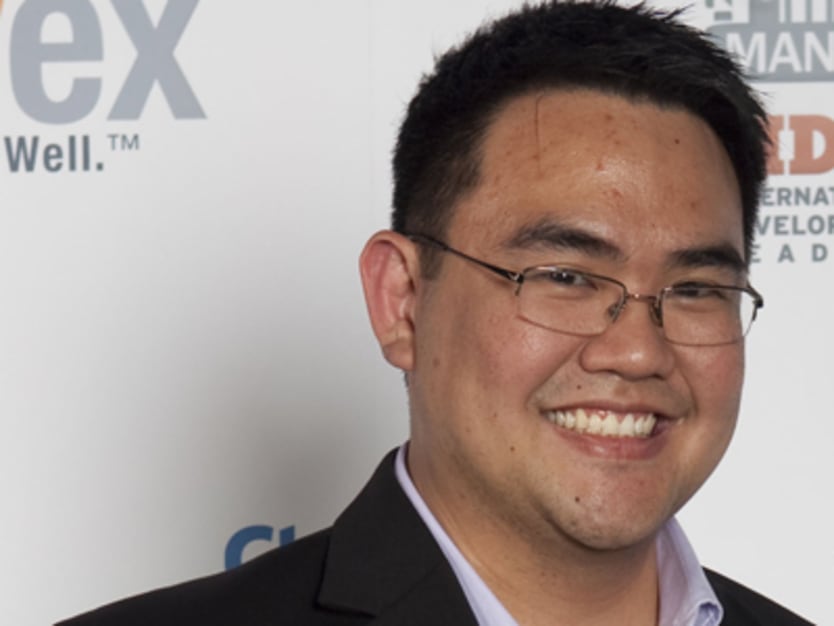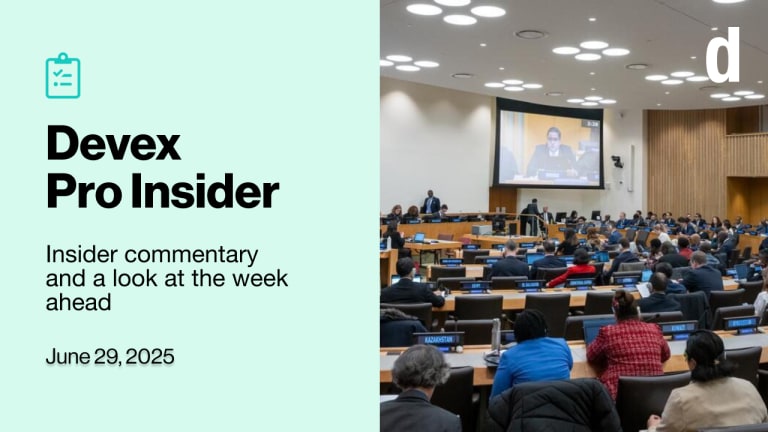
Earl Martin Valencia abandoned a successful career in Silicon Valley in 2012 to co-found a nonprofit that aims to harness innovation and entrepreneurship for economic development in the Philippines.
The world’s next big innovation can come from his homeland, Valencia says, as he strives to do his part to make the Philippines a destination for business and technology.
Valencia is one the most influential development leaders aged 40 and under in Manila.
Devex is recognizing 40 of these young trailblazers in international development. They are social entrepreneurs, government leaders, development consultants, business innovators, advocates, development researchers, nonprofit executives and journalists.
We spoke with Valencia about his cause and lessons so far from managing IdeaSpace, which this month will award the top 10 aspiring technology startups that will receive up to 5 million pesos (roughly $122,000) each in funding.
What’s the response to IdeaSpace been since you co-founded the organization last year?
I am extremely encouraged for the future of the Philippine technology ecosystem in the Philippines as we have gone around the country and met with student, developers and entrepreneurs. With our national competition to search for the top 10 tech ideas of the country, close to 700 teams have applied to our program, which really means that there is a hunger in the Philippines for a chance to shape their own destiny and participate in the growth of this economy.
What lessons did you learn from your successful engineering career in the United States, and how are you applying them to your work at IdeaSpace?
I was lucky to have a professional career in a place where ideas are the start to building billion-dollar tech businesses. How you do it is to start local but then dream global. This is my vision for the Filipino entrepreneurs, to dream big and aspire to capture the global markets. Also, for the overseas Filipino workers all around the world to help out the local startups by giving them mentoring, advice and potentially connections to expand outside of the country. We have to help each other in this new digital “bayanihan.”
What can the government and private sector do to harness technology and innovation as engines of the Philippines’ development?
I am lucky to have supporters in the government, especially from the Department of Science and Technology, the Department of Trade and Industry and Intellectual Property Office in addition to the different local government units from all over the Philippines. Government should be enablers of these technopreneurs and be connectors to the private sector and academia. To the private sector, I say: Take a chance in these young entrepreneurs, they are the future of this country.
Read more about the Devex 40 Under 40 International Development Leaders in Manila.




